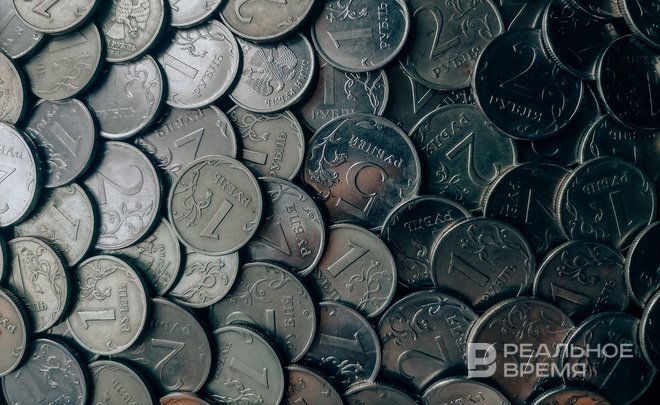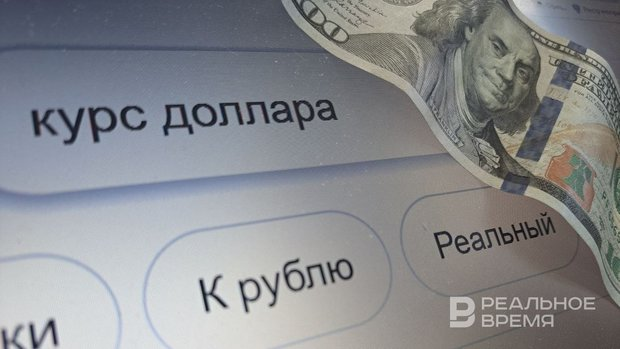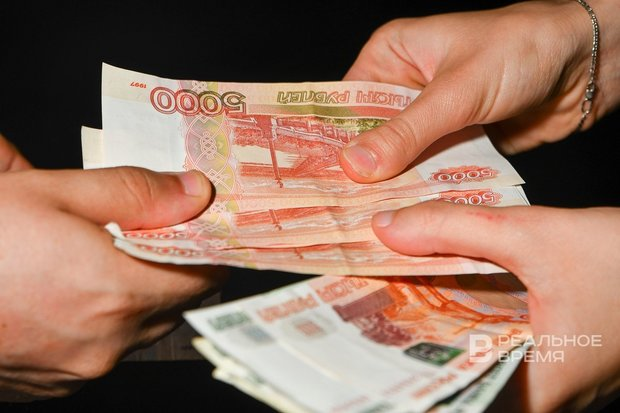‘The Central Bank had to resort to strict measures’: how the key rate rise to 12% will influence the economy

The Russian Central Bank raised the key rate by 3.5 percentage points at an extraordinary meeting on 15 August — from 8.5% to 12%. This is the second hike in less than a month. The regulator claimed that further decision on the indicator would be made “given the real and expected inflation dynamics regarding the goal, the process of structural adjustment of the economy.” Experts surveyed by Realnoe Vremya say this was a forced decision. Read more in Realnoe Vremya’s report.
“To prevent panic in the currency market”
The rise in the dollar and euro rates became the main reason for raising the key rate. This forced the Central Bank to take “strict measures,” thinks head of the Analytic Department of the Corporate Financing Bank Maxim Osadchy.
“The collapse of the ruble is the culprit of the sudden rise in the key rate. To prevent panic in the currency market, the Central Bank had to resort to strict measures, to tightening the monetary policy, raising the key rate by 3.5 pp at once,” he claimed.
According to him, similar situation when ruble falls were stopped by key rate rises happened in February 2022 and December 2014. In 2014, the rate was raised in two stages — by 7.5 pp to 17% and in February 2022 it was increased by 10.5 pp to 20%. Osadchy stressed that this time the situation isn’t so critical, this is why the Central Bank raised the rate moderately.

“The rate hike creates an additional demand for rubles, it becomes more profitable to have them in deposits, loans and bonds in rubles,” the analyst thinks. “Consequently, ruble liquidity is leaving the currency market. The demand for the currency is falling and the currency rate is going down. A sudden turn started in the currency market, the ruble abrupty started to get stronger even due to the information about the extraordinary meeting of the Bank’s Board of Directors.
As investment strategic of VTB My Investments Alexey Kornilov claimed in a talk with Realnoe Vremya, the rate rise on 21 July became a prerequisite for the Central Bank’s recent decision.
“The key rate rise to 12% is within the previous decision when the Bank of Russia raised the key rate by 100 basis points on 21 July, to 8.5% a year. The objective of the increase is to reduce the inflation pressure caused by the high domestic demand in the conditions exceeding the possibilities of expanding demand,” stressed Kornilov.
Ak Bars Bank specialists think such a decision aims to stabilise the situation in the domestic currency market. At the same time, there is a fear that the measures linked only with the key rate rise can be insufficient, thinks the press service.
“Inflation pressure has been rising in the last months that aggravated with a significant weakening of the ruble. In July, annual inflation surpassed 10% given the season,” the bank told Realnoe Vremya. “In case the decision on raising the rate until the next meeting of the Board of Directors of the Central Bank, the situation would likely get worse and a more significant key rate rise would be needed in September. Now the Central Bank can analyse the effect of the decision that was made and continue tuning the key rate in the future.”
“The tighter monetary policy is medicine for the economy and finance”
The decision of the Central Bank to raise the key rate will, first of all, lead to lower demand for imports, thinks Kornilov. According to him, inflation will return to its target.
“The decision will also help reduce the demand for imports and stabilise the ruble rate. The return of inflation to the target level has obvious long-term advantages because it creates necessary conditions for the economy’s stable development,” he claimed.
Osadchy expressed a similar opinion. He added that nowadays rates at banks started to rise, bond profit is on the rise while their price is falling. Moreover, the stricter monetary policy has a negative impact on the stock market — their price is declining. The Moscow Exchange index is also plummeting.

“That’s all that responds almost instantly. Then deposit and loan rates, including in mortgages, will start increasing,” the expert commented. “The growth of mortgage rates can bring to lower home prices. Then, two or three months later, the decision can influence weakening inflation — because of the strengthening ruble and, consequently, lower import prices. Then, the rise in loan rates will weaken the economic growth and raise the unemployment rate.”
Also, the specialist says the surge in percentage points can result in an explosion of bubbles in the market of unsecured consumer loans and the preferential mortgage.
“The tighter monetary policy is medicine for the economy and finance: one thing cures, the other thing harms,” Osadchy concluded.
As the press service of Ak Bars Bank claimed, thanks to such a decision, the ruble rate will temporarily stabilise, however, only time will show how stable this trend will turn out. At the moment, there aren’t any fundamental prerequisites for this.
“In the long term, the influence of the current decision on the key rate rise to 12% is not huge because the Central Bank reconsiders the rate once in 1.5 months and can quickly correct it depending on the economic situation,” the financial organisation stressed.